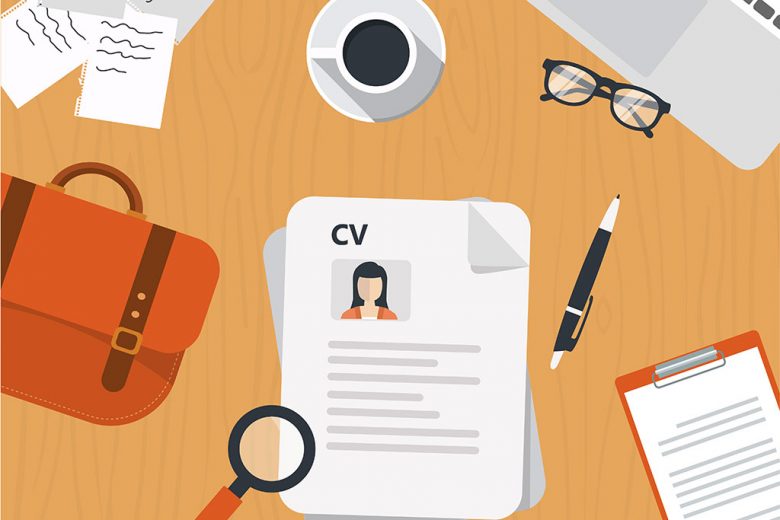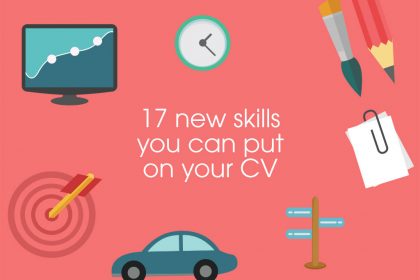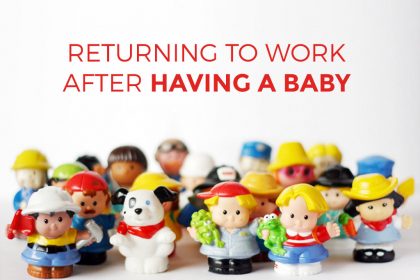Are CVs and resumes relevant any more?
The world of recruitment has changed dramatically in the past few years. So does that mean that you no longer need a CV or resume? And if you do, how have they changed?
In the past five years we’ve seen the rise of the creative resume, digital CVs that have gone viral and the increasing need to have an online presence. You’ll have heard people refer to your ‘brand’, and possibly even your ‘digital brand’.
With all these developments, it may feel like it’s finally time to bin those two sides of A4 you once spent hours meticulously writing, googling tips about how to write, and re-writing your life’s academic and employment achievements.
But before you write off your CV or resume, you need to revisit what it means in today’s digital age. CVs and resumes are as relevant as ever; but the way they are used has changed (and continues to evolve).
So while it may not be time to ditch them yet, it IS important to rethink how you use them to make sure they’re getting in front of the right people and scoring you interviews. Here’s what you need to know.
Searchability and keywords are essential
In the early days, having a pile of CVs in front of them was the best way for an employer to compare potential candidates for their roles. It was about giving them an overview of your experience, skills and academic achievements in order to see who was the best fit for the role. From this, employers would create their interviewee shortlist.
Nowadays, a CV is less about selling yourself and more a way for employers and recruiters to find and screen the candidates they want.
When seeking out potential candidates on online job databases, recruiters and employers will search for specific keywords, job titles and skills – and use the results to create a shortlist. For many jobs, applications are scanned for keywords to create the first shortlist of interview candidates, so it’s crucial to make sure you’re using the correct keywords, titles and skills on your CV.
You can create a competent list of the keywords you should be using by referring to the full job description, and if you’re putting your CV into an online database, make sure you use a few different job ads for the same roles so you can build a bigger list of keywords.
Remember: only editable files can be scanned for keywords so if you’re going down this route make sure to upload your CV in a word format.
Be prepared for the ‘digital interview’
It’s no secret that employers will look you up online today. Your CV might still be the baseline requirement that will be taken into account when an employer is weighing up whether to hire you or not, but you can also be quite certain they’ll also be conducting a ‘digital interview’ – looking up what they can find out about you online – as well.
It’s no longer about just being on LinkedIn (although you should certainly ensure your LinkedIn profile is properly completed). Employers will want to see recommendations from past employers and colleagues, as well as details of projects you worked on – and crucially what your output and achievement from these was.
Employers want new recruits who are engaged and active in their chosen field or industry. And sharing, or better yet, writing an article or two on your area of expertise will showcase your enthusiasm for your work. Also include details of presentations and links to media or websites you’re active on or have contributed to.
Having a well maintained, and content full profile can help build your credibility to potential employers, and also demonstrate you as a contributor and influencer within your chosen field.
Keep your CV or resume active
As mentioned above, it’s not about binning your CV or resume altogether – it’s about thinking a bit smarter about how to use it most effectively in today’s digital focused job market. Here are some tips to consider:
- Stay consistent – make sure your CV reflects your digital profile – job titles, companies, dates and projects should all be consistent, online and offline! Honesty is one of the highest rated qualities employers look for so don’t fall short by telling fibs (or even just appearing to) at this stage.
- Have a critical eye – is your digital presence matching up with your real life career goals? Make sure that you’re engaged with the right content and websites for your industry and look for real life opportunities such as networking events too. Dont just do anything and everything – make sure what you’re doing has the right impact and adds value to what you’re trying to achieve in the world of work, employers will notice.
- Do a privacy checkup – it’s more than ok to have a personal life separate from your work life – just have a think about what you want potential employers to see before making something personal public.
Do a digital detox on your professional profile
Whether you’re currently looking for a new job, or happily employed, it’s always advisable to do a digital detox professionally. Having a strong professional presence online can help not only with securing a new role, but aid in securing promotions and acquiring other professional opportunities.
Elaine Mead is a passionate education and careers consultant, and is particularly interested in empowering young women to be their professional best. You can follow her on Twitter and read more of her articles on medium.










